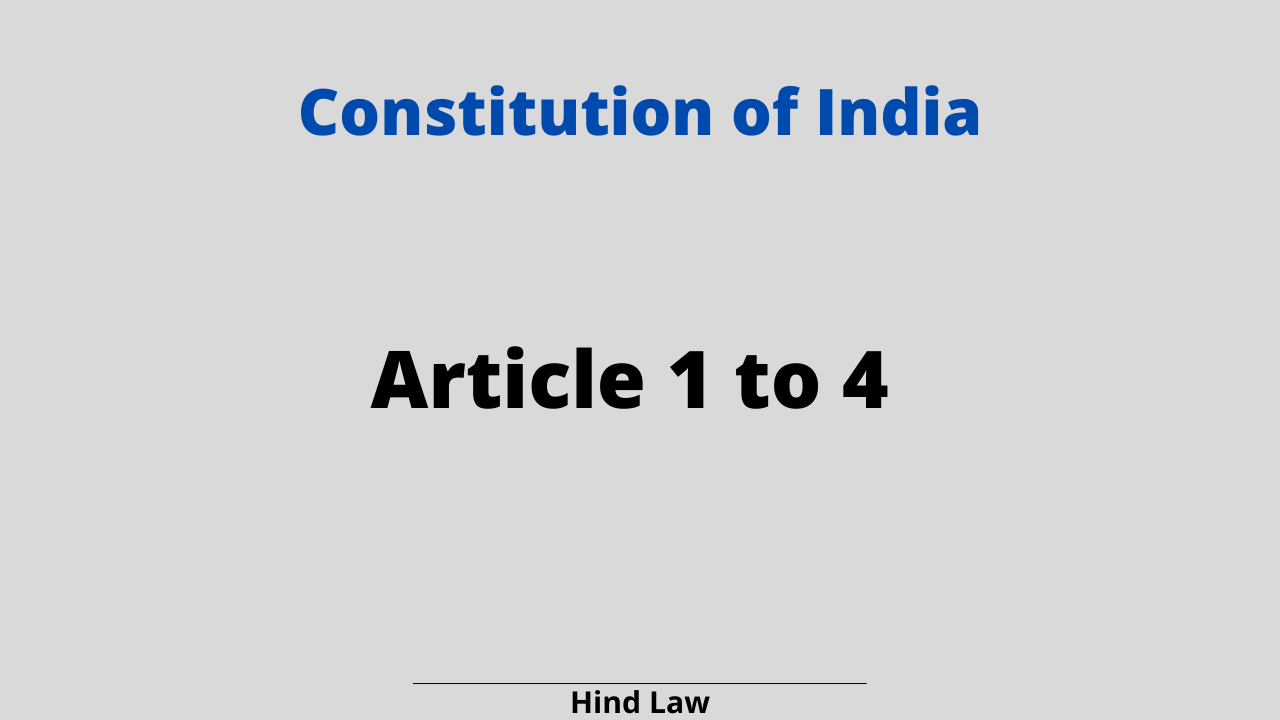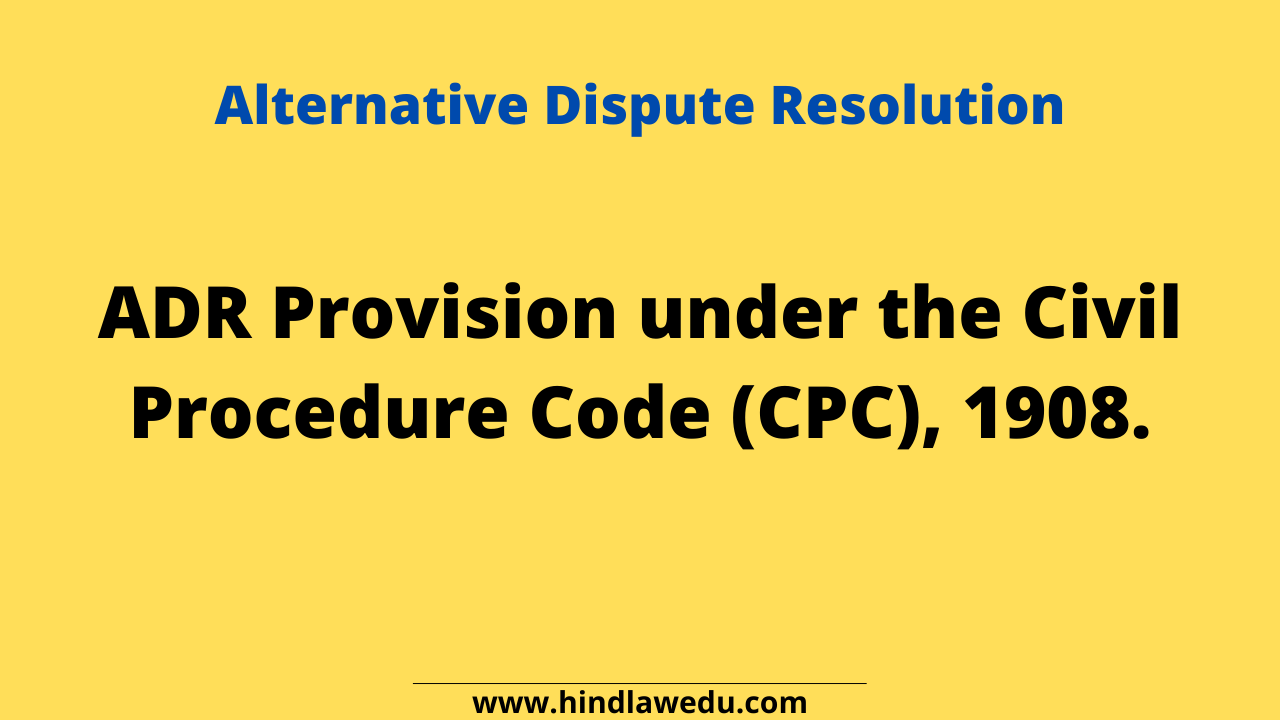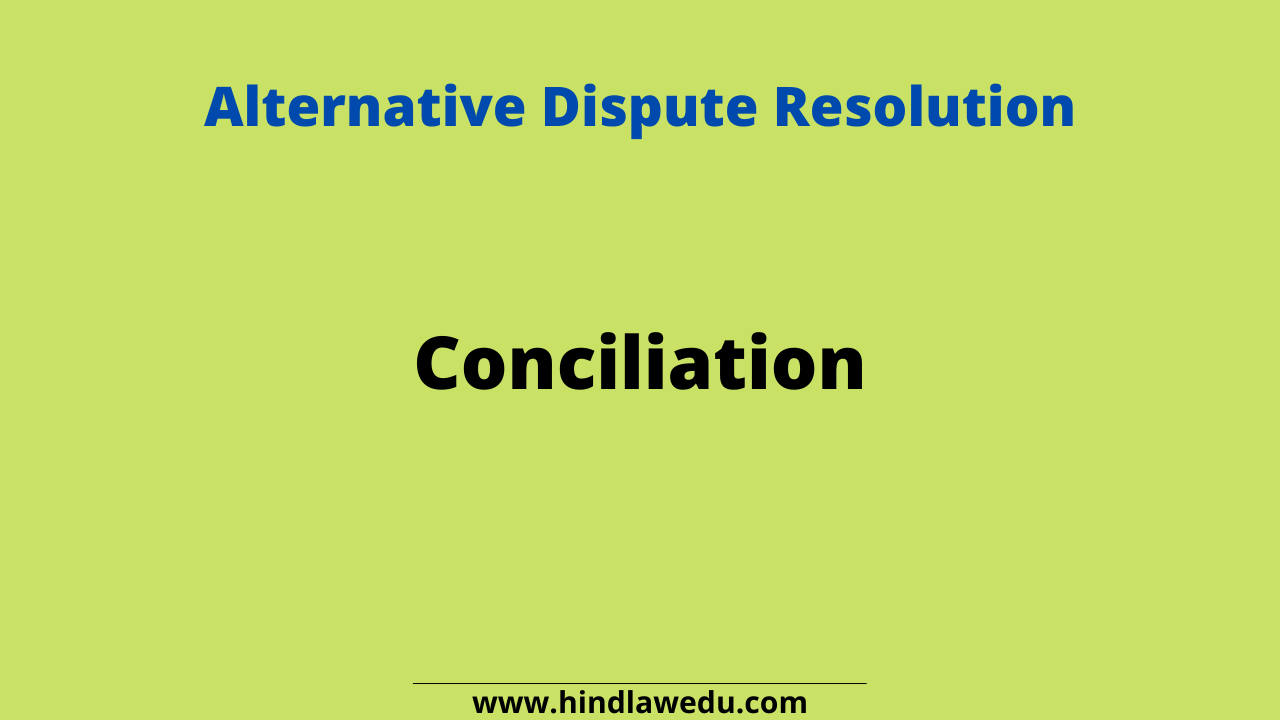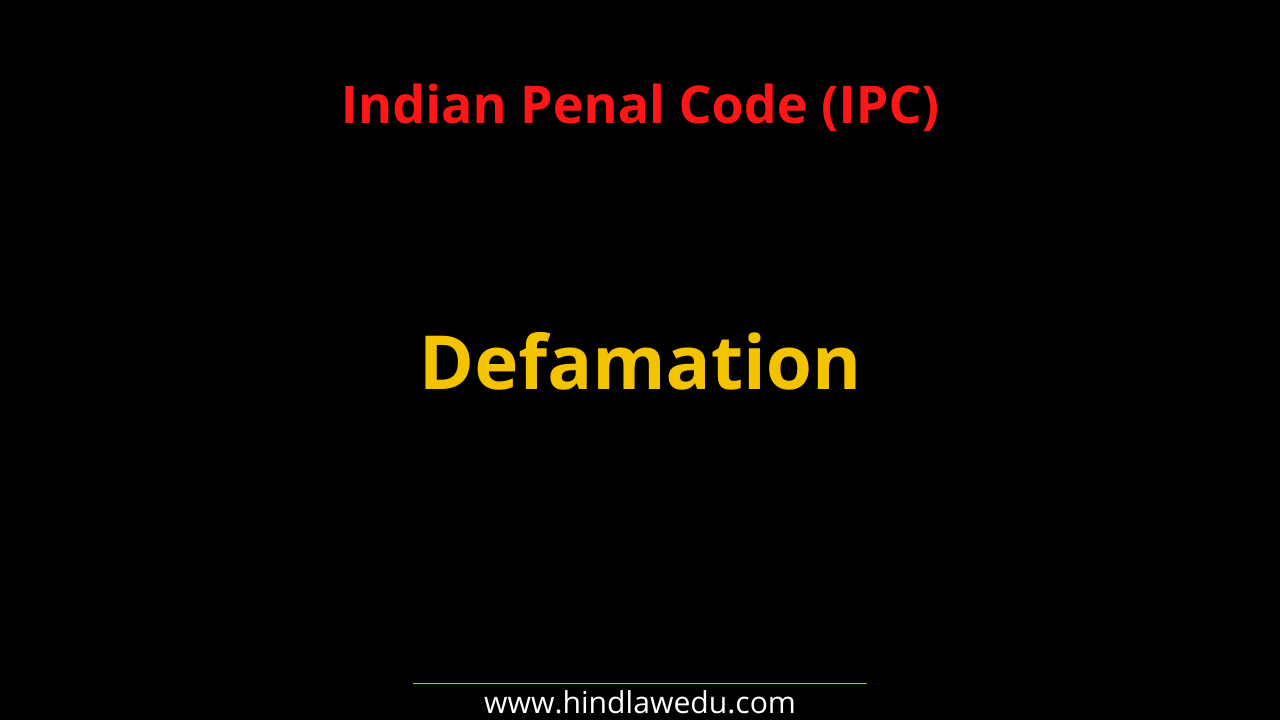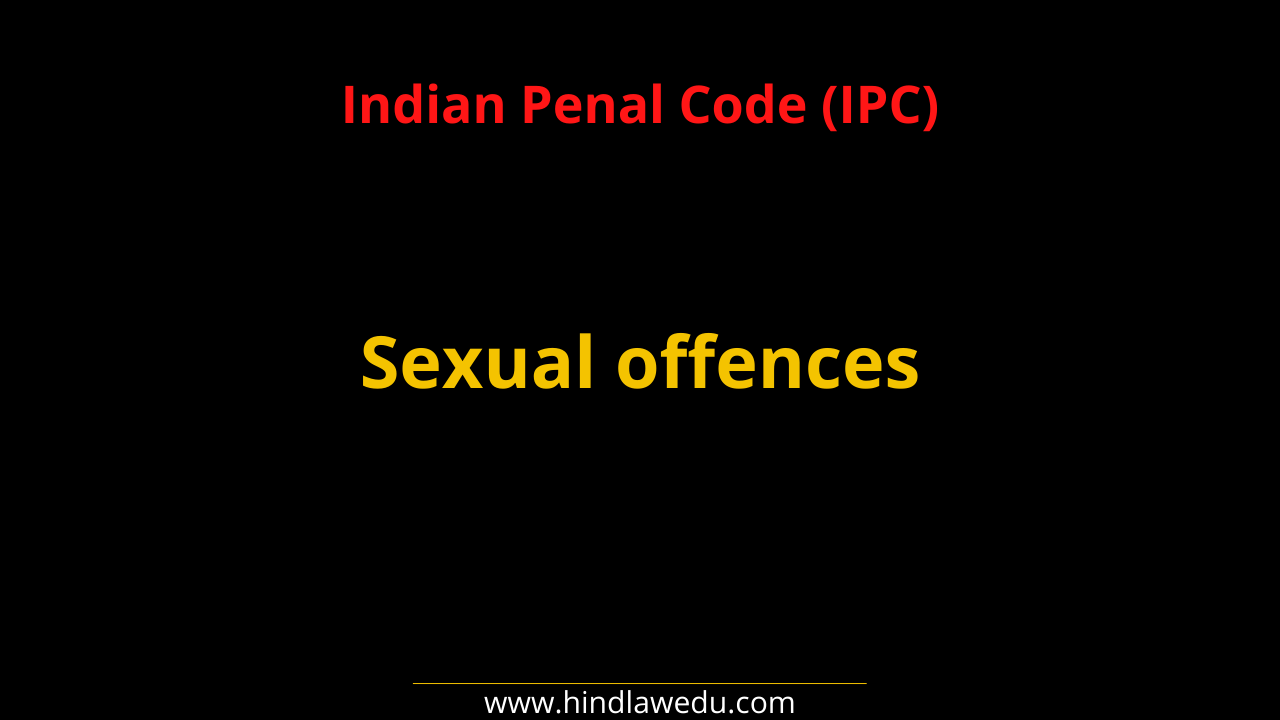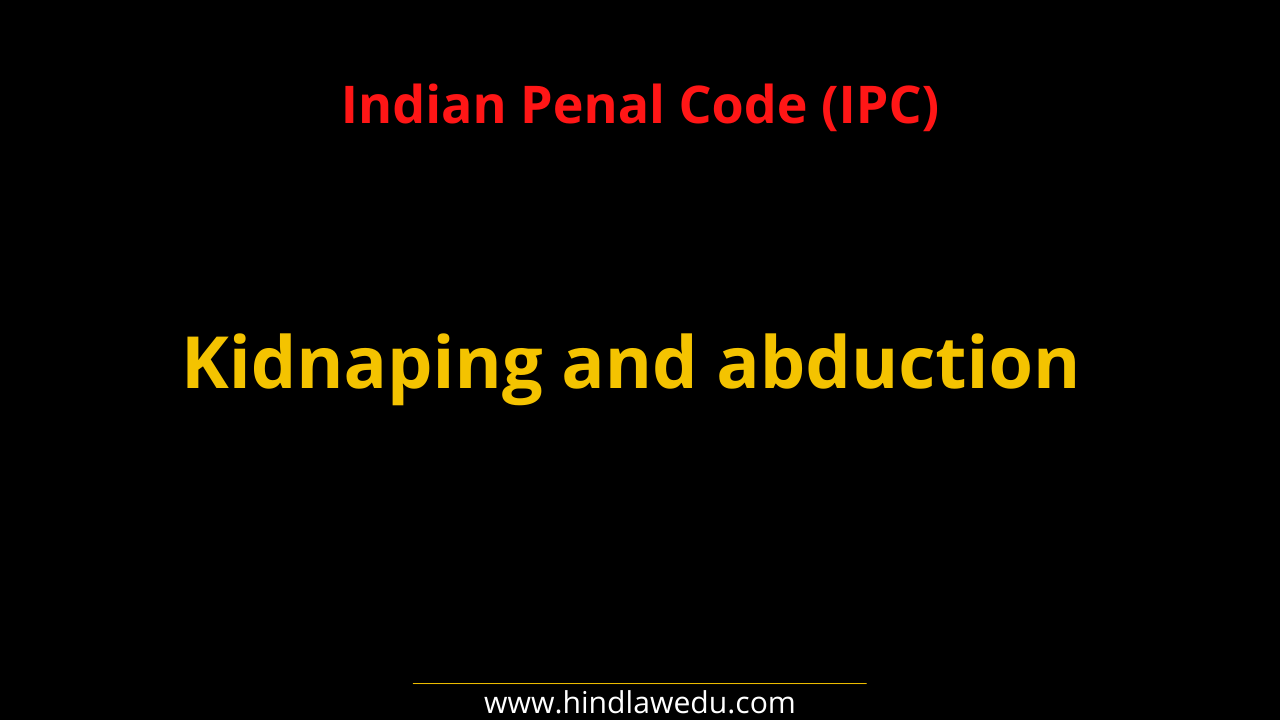Table of Contents
The right to freedom of speech and expression is highly respected if it is exercised in a bona fide manner and without hurting the sentiments of other people. If it is used to defame another person, the right to freedom of speech and expression is considered an offence.
In general, defamation can be understood as an act of communicating a false statement, either orally or in writing, about a person and which hampers the reputation of that person.
Sections 499 to 502 of the Indian Penal Code deals with the offence of defamation.
Written defamation is known as ‘libel‘, whereas defamation made orally is known as ‘slander‘. However, under the Indian Penal Code, no distinction is given for libel or slander. In India, it is considered both a criminal offence as well as a civil wrong.
Defamation Under Section 499 IPC
Section 499 of the IPC defines defamation. According to this section, any person who makes or publishes any false imputation or allegation relating to any person, by words either spoken or written or by signs or visible representations, is said to defame that person. However, it must be done to harm the reputation of such a person against whom the imputation has been made.
Further, any imputation or allegation made to a deceased person shall amount to defamation if it would harm that person’s reputation if he would be alive or harm the reputation of their family members. And, it may also amount to defamation if any imputation or allegation is made related to any company or an association or collection of persons.
Furthermore, this section states that an imputation or an allegation is not said to harm someone’s reputation unless it directly or indirectly lowers the moral or intellectual character of that person in the eyes of others or lowers the character of that person concerning his caste or makes everyone to believe that the body of such person is in an unpleasant state.
Illustration
A tells B that Z’s restaurant serves rotten food, aiming B to believe it and not go to Z’s restaurant again. Here, A is guilty of defamation.
Essential Ingredients of Defamation
Under Section 499 there are three essential ingredients for the offence of defamation under IPC which are –
- An imputation or allegation must be made to harm the person against whom it is made.
- Such an imputation or allegation must be made by :
- a) words, either spoken or written; or
- b) signs; or
- c) visible representations.
- Publishing such imputation or allegation.
Types of Defamation
There are two types of defamation :
1. Libel – A written or published defamatory statement is called libel. It is found in printed media such as newspapers, magazines, social media etc.
2. Slander – The verbally committed defamatory statement is called slander. It is found in television programmes, at various public gatherings etc.
Exceptions related to defamation
Section 499 provides ten exceptions to the charge of defamation as to when a statement would not amount to defamation.
They are –
- Public good : Any statement which is ‘true’ and is published for the public good shall not be considered as defamatory.
- Public conduct of the public servant : If a fair and honest statement or criticism is published regarding a public servant while discharging his public functions or his character. Such comments should be made only in good faith without any bad intentions.
- Conduct of any person touching any public question : Any views or opinions published/made in good faith regarding the conduct of a person touching any public questions.
- Reports of proceedings of the court : If any proceedings of the court or the result of any case given by the court are published then that will not amount to defamation.
- Merits of a case of conduct of witnesses/parties : If any person publishes any information regarding the merits of the case or in regard to the conduct/behavior of any person who was a witness, in that case, it will not be defamation. It should be done in good faith.
Example: A says “I think Z’s evidence on that trial is so contradictory that he must be stupid or dishonest”. A is within this exception if he says this in good faith, in as much as the opinion which he expresses respects Z’s character as it appears in Z’s conduct as a witness, and no farther.
- Merit of public performances : It is not defamation to express in good faith any opinion respecting the merits of any performance which its author has submitted to get the opinion of the public.
Example: a person publishing a book, singing, acting, making a public speech etc. submits his work to the judgment of the public.
- Censure (निंदा करना) passed in good faith by a person having lawful authority over another shall not amount to defamation.
Example: A Judge censuring in good faith the conduct of a witness, or of an officer of the Court, a parent censuring in good faith a child in the presence of other children, a schoolmaster, whose authority is derived from a parent censuring in good faith a pupil in the presence of other pupils, a master censuring a servant in good faith for carelessness in service etc.
- Accusations made in good faith against any person to the authorized person.
Example: If A in good faith accuses Z before a Magistrate; if A in good faith complains of the conduct of Z, a servant, to Z’s master; if A in good faith complains of the conduct of Z, a child, to Z’s father-A is within this exception.
- imputation on the character of another provided that the imputation be made in good faith for the protection of the interests of the person making it, or of any other person, or for the public good.
Example: A, a shopkeeper, says to B, who manages his business, “Sell nothing to Z unless he pays you ready money, for I have no opinion of his honesty.” A is within the exception, if he has made this imputation on Z in good faith for the protection of his own interests.
- Conveying caution : Any caution or warning conveyed in good faith from one person to another or for the good of the public does not amount to defamation.
The exceptions strike a balance between freedom of speech and expression guaranteed under Article 19 (1)(a) of the Indian Constitution and individual right to reputation. It means that the Constitution of India has given the citizens certain rights and they should use them to the limit so that they should not hamper the rights of others. There is a limit to the right of freedom of speech and expression which is regulated by the provisions of defamation.
Punishment for Defamation
Section 500 of the Indian Penal Code provides punishment for defamation. The quantum of punishment may extend to 2 years, whether with or without a fine.
Also Read:
Wrongful restraint and Wrongful confinement under IPC (simplified)
General Explanations under the IPC (Section 6-52A)
Cruelty to married woman under IPC – Short note


